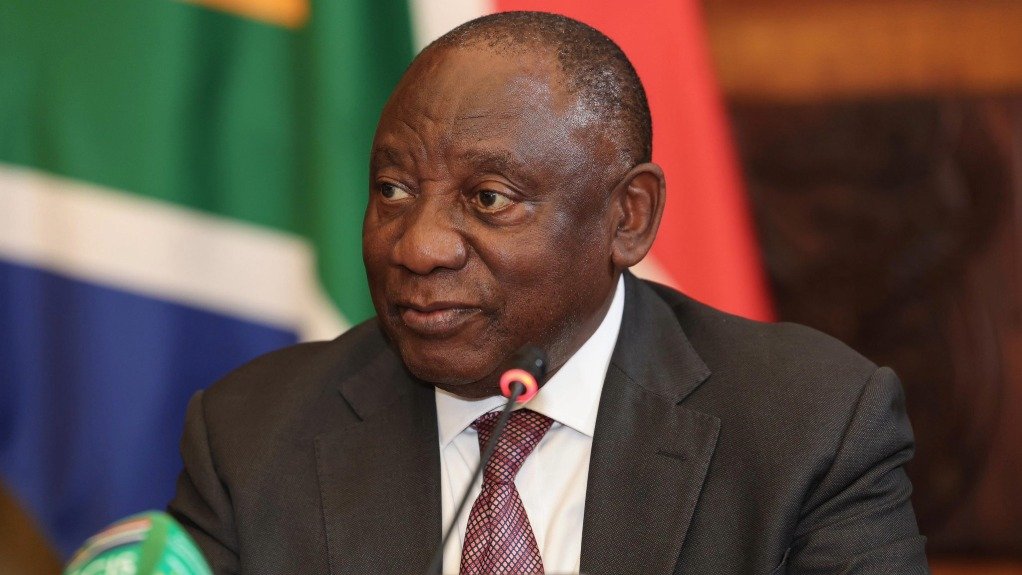President Cyril Ramaphosa on Monday urged citizens to hold government accountable and to engage constructively with public institutions.
In his weekly letter to the nation, Ramaphosa wrote that the country’s public service faces significant challenges, highlighting the importance of the planned National Dialogue in addressing these challenges.
He acknowledged that the country’s public service faced challenges in skills gaps, outdated systems and processes, inconsistent service delivery and corruption.
“…in many parts of the State, the values of Batho Pele – putting people first – have been eroded,” he said.
He promised government interventions to strengthen the professional foundations of public service by attracting the right skills, implementing rigorous performance management and creating career pathways that reward merit and excellence.
“Through the National School of Government, we are investing in training and development.
“As we work to build a more professional, accountable and capable public service, we need to bring the public service closer to the people they serve. We must challenge the idea that public servants are providers and citizens are mere beneficiaries of goods and services,” he stated.
Ramaphosa pointed out that the National Dialogue, launched in August, provided an opportunity to change the relationship between public servants and the public.
Over the next few months, South Africans will be meeting as communities across the country, discussing the issues that most concern them, to create a vision to take the country forward.
“These challenges may include anything from electricity cuts to overcrowded schools, a lack of water provision to poorly maintained roads, or an increase in violent crime or drug use,” Ramaphosa said.
These conversations will culminate in a National Convention next year, which will finalise a social compact that outlines clear actions and responsibilities for all sectors of society.
Ramaphosa explained that through the National Dialogue process, each community was encouraged to work with all relevant stakeholders – ward councillors, municipal officials, civic bodies, community organisations and provincial and national departments – on a common plan to address these challenges.
“By working together in an integrated way, drawing together resources from within and outside the State, these stakeholders can find ways to solve local problems. Public servants have a vital role to play in working towards solutions alongside and in cooperation with communities,” he said.
Ramaphosa pointed out that this approach was closely aligned with the District Development Model, which was about bringing government closer to the people and ensuring that local needs informed service delivery priorities.
“It is about building a public service that listens to citizens, adapts to their needs and continuously improves its services. Such a public service requires the active participation of citizens as partners in development, growth and transformation,” he said.
EMAIL THIS ARTICLE SAVE THIS ARTICLE ARTICLE ENQUIRY FEEDBACK
To subscribe email subscriptions@creamermedia.co.za or click here
To advertise email advertising@creamermedia.co.za or click here











